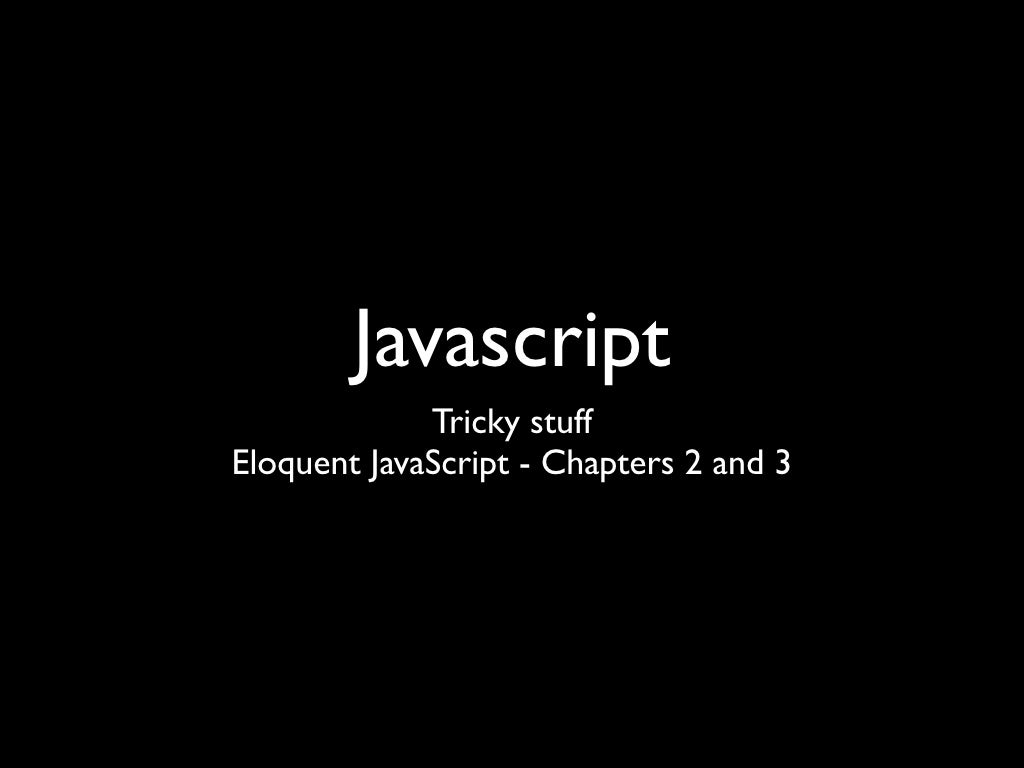
I read JavaScript the Good Parts, as a supplimental learning material, though I eventually plan to read it cover to cover. This way I can always easily refer back to it. For example, I recently finished notes on Functions and then turned it into a blog post.  I've pretty much read the entire book and am now working my way back through the chapters (focusing on text I highlighted) and writing down notes on each concept. I read it on my iphone's kindle app and make sure to highlight key things I know I'll want to jot down as notes later. I like it because it concise while still giving a lot of detail on the inner workings of things like objects, functions, etc.Īdditional Things I'm Doing To Help Me Learn: I'm about at the stage you're at and I'm reading The Principles of Object Oriented JavaScript by Nicholas C. Personal blog posts that are relevant to the subreddit's stated subject matter don't need prior approval (and are encouraged!).
I've pretty much read the entire book and am now working my way back through the chapters (focusing on text I highlighted) and writing down notes on each concept. I read it on my iphone's kindle app and make sure to highlight key things I know I'll want to jot down as notes later. I like it because it concise while still giving a lot of detail on the inner workings of things like objects, functions, etc.Īdditional Things I'm Doing To Help Me Learn: I'm about at the stage you're at and I'm reading The Principles of Object Oriented JavaScript by Nicholas C. Personal blog posts that are relevant to the subreddit's stated subject matter don't need prior approval (and are encouraged!). #Eloquent javascript .nt mods#
If you want to post something self-promotional, please message the mods first. Titles that begin with "hey guys" will be removed. If you're in doubt, message the mods first. The following are not allowed: Requests for subscribers, asking for "test users" for your new JS course, offering paid mentorships, and/or premium courses.

If you’re asking for help, include enough information for others to recreate your problem. With a nod to practicality, questions and posts about HTML, CSS, and web developer tools are also encouraged.

Everyone should feel comfortable asking any and all JavaScript questions they have here. This subreddit is a place for people to learn JavaScript together.







 0 kommentar(er)
0 kommentar(er)
